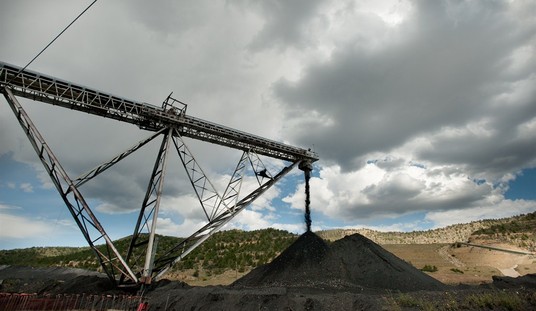A State Department official said the federal government has been “working very hard” to discourage any travel bans in response to the Ebola outbreak.
“The travel restrictions are actually something we worked very hard to encourage the international community to avoid. We’ve been working very hard to ensure that travel flows remain open, that travel bans are not the alternative to having a strong public health infrastructure and a strong preparedness capacity,” said Nicolette Louissaint, senior adviser to the state Ebola coordinator in the Ebola Coordination Unit at the Department of State, during a forum titled “Ebola Outbreak in West Africa.”
The American Association for the Advancement of Science (AAAS) sponsored the discussion on Tuesday evening.
“It’s about moving healthcare workers. It’s about being able to get goods and services into the region and it’s also about stigma,” Louissaint said.
Louissaint said there’s the “stigmatization” of a region that would be isolated from the rest of the world “when they need us the most.”
“Cutting off commercial airflows would dramatically increase the cost of the response,” she said.
Louissaint’s comments were made in response to a National Institutes of Health trainee asking why the U.S. government has not limited travel to and from nations in West Africa in response to the Ebola crisis.
Aaron Firoved, senior biodefense advisor at the Office of Health Affairs in the Department of Homeland Security, shared a similar view on the travel ban.
“Our best defense here in the United States is a good offense overseas. We are hearing from our international colleagues at the State Department and USAID and CDC to maintain that robust response in Sierra Leone, Guinea and Liberia that it’s important that we move healthcare workers in,” Firoved said.
“It’s important that goods and services continue to be supplied. If people are hungry, they leave the places that they are. You cannot limit the robust response in country and so that’s really why it’s important we maintain these travel corridors,” he added.
Firoved also said the most important thing the U.S. can do to prevent a domestic outbreak is get the “raging epidemic in West Africa under control.”
He said exit screenings are crucial in the effort to prevent the spread of Ebola since they serve as a “deterrent.”
“It’s for people to wait to travel when they’re feeling well. If there are concerns expressed about a particular individual maybe intending to travel, we do have mechanisms in place,” Firoved said. “If we’re alerted by appropriate medical health authorities such as the CDC, we can have the airlines prevent them from boarding and traveling to the United States.”
Stic Harris, team lead of alert & response operations at the Department of Defense Armed Forces Health Surveillance Center, said AFHSC and DHS identified suspected Ebola cases in 95 countries since they jointly started tracking Ebola testing in August. He said the vast majority of the cases have turned out negative.
“As of today, there are 13,567 confirmed suspected and probable cases with 5,075 deaths in West Africa. Those are the ones we know about or at least we think we know about. It has admittedly been harder to track cases and deaths more recently and my confidence in numbers in the rural regions is awful,” he said.









Join the conversation as a VIP Member